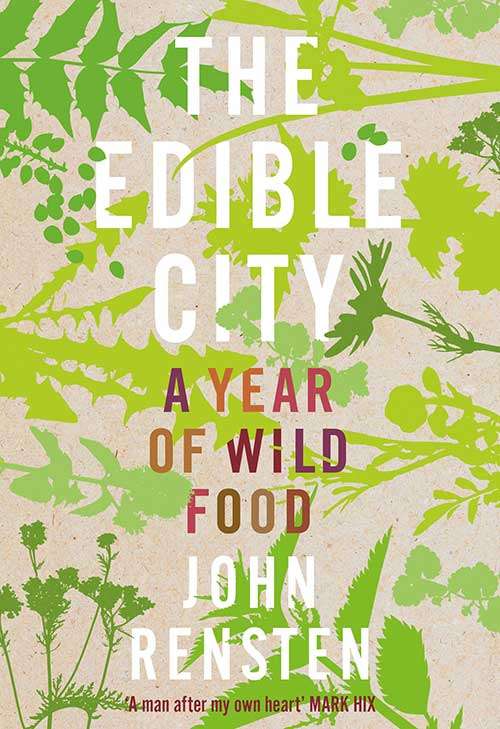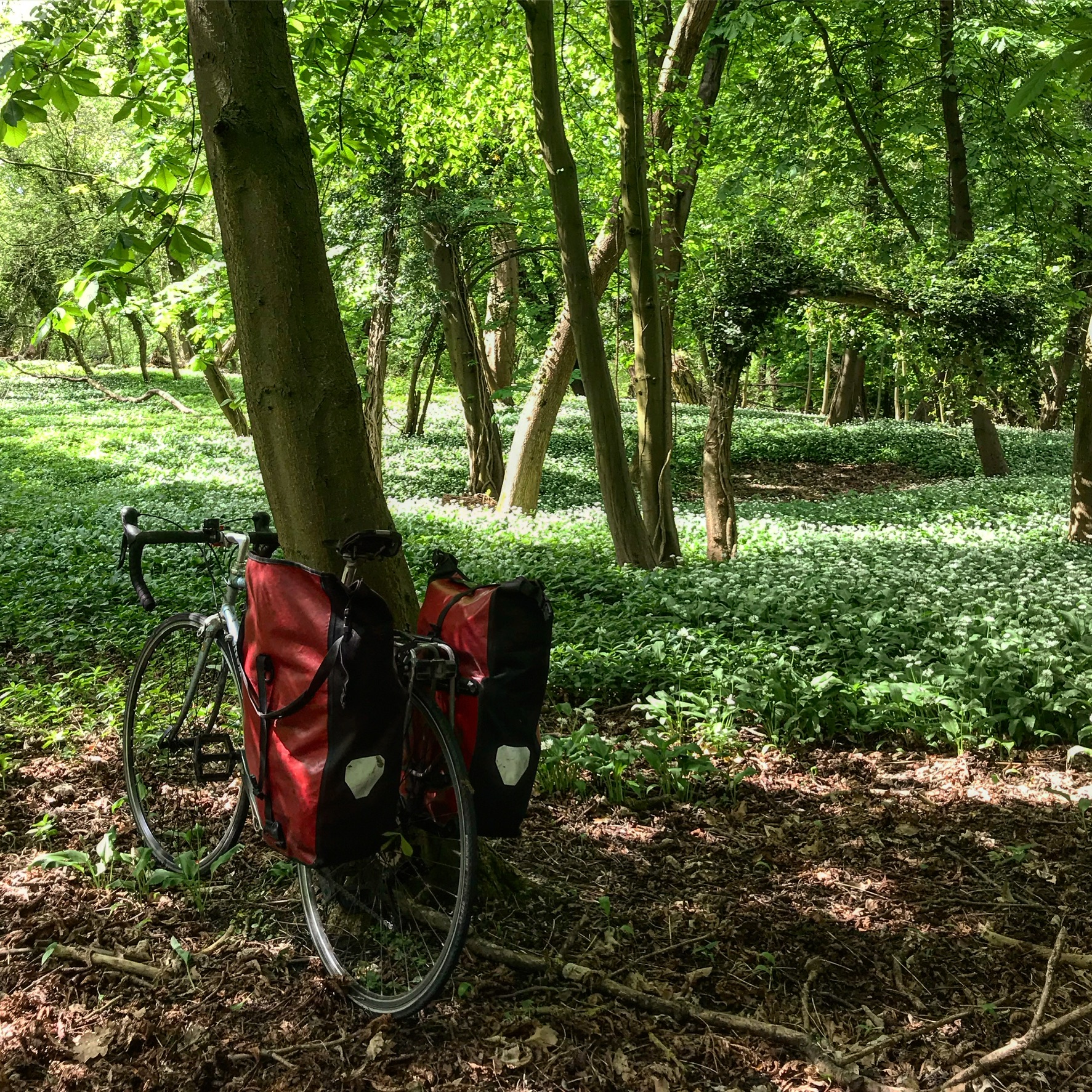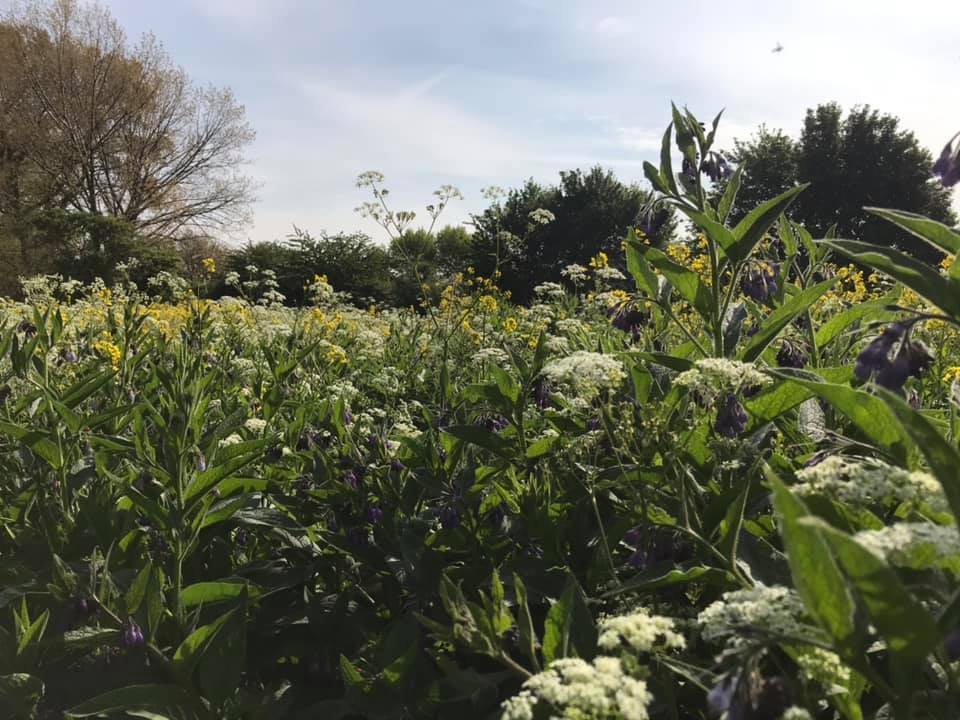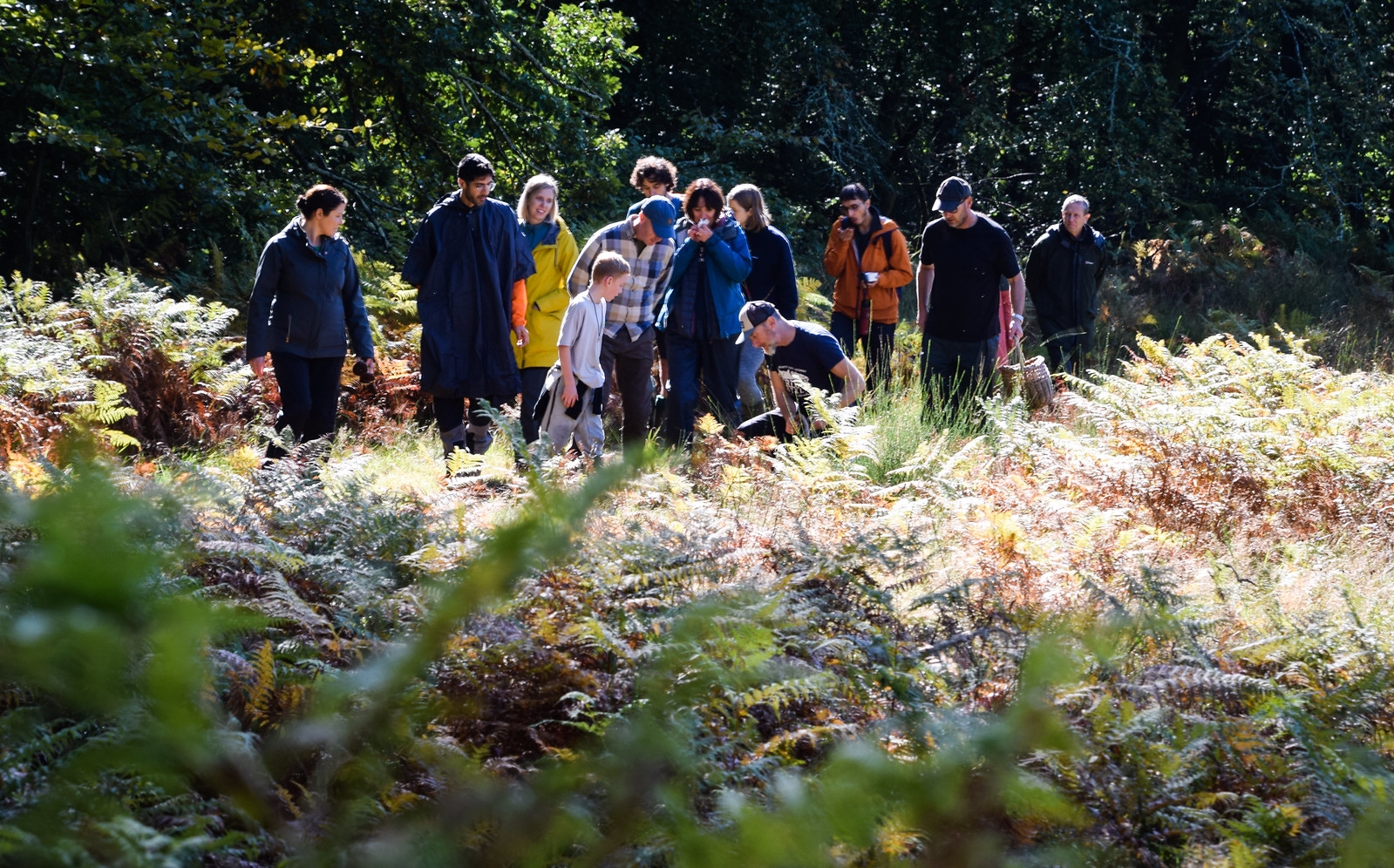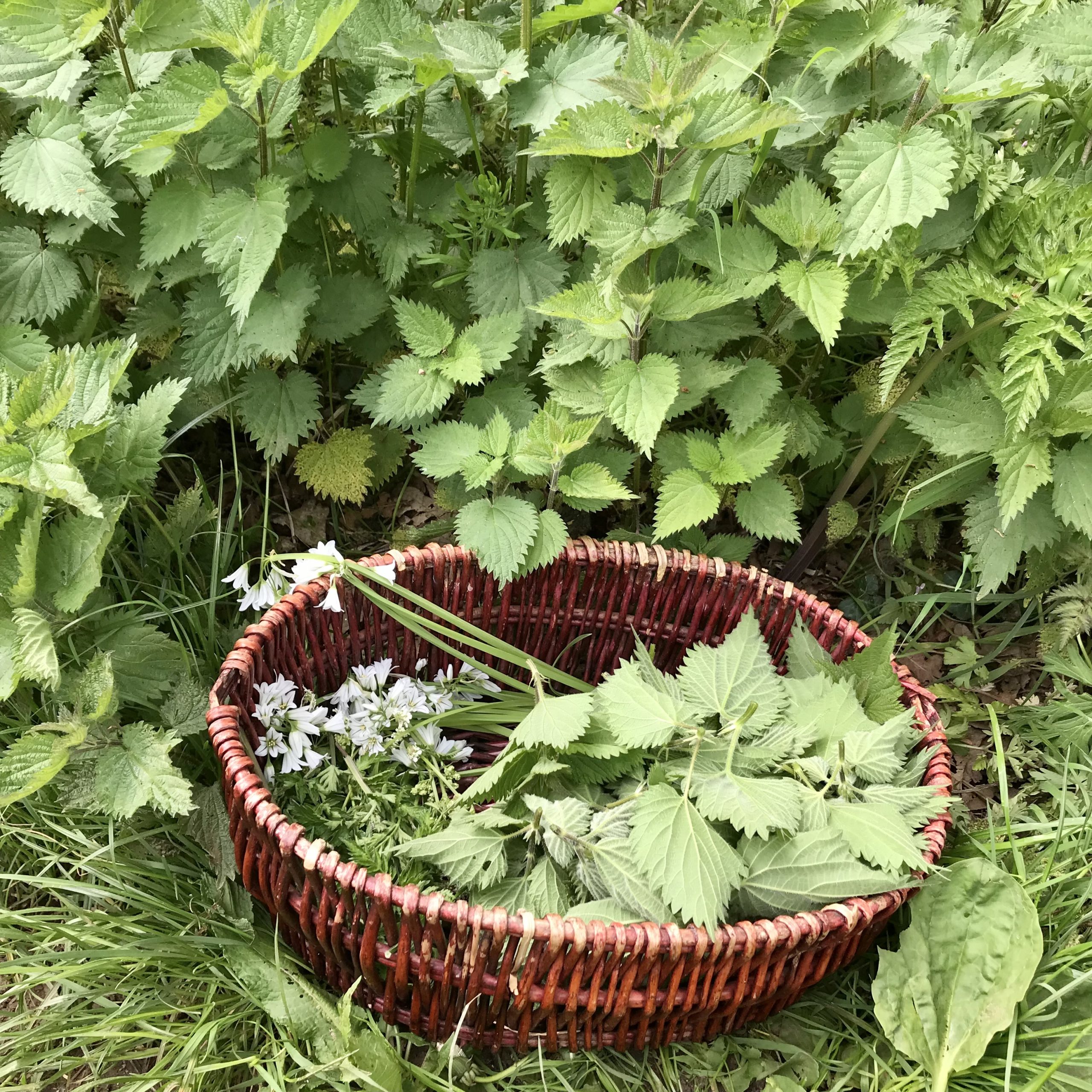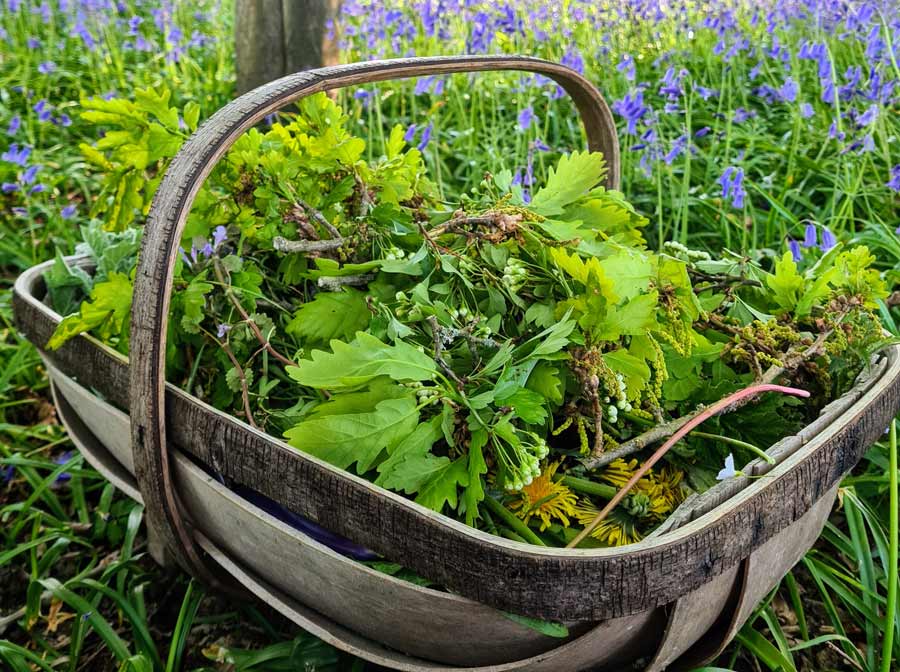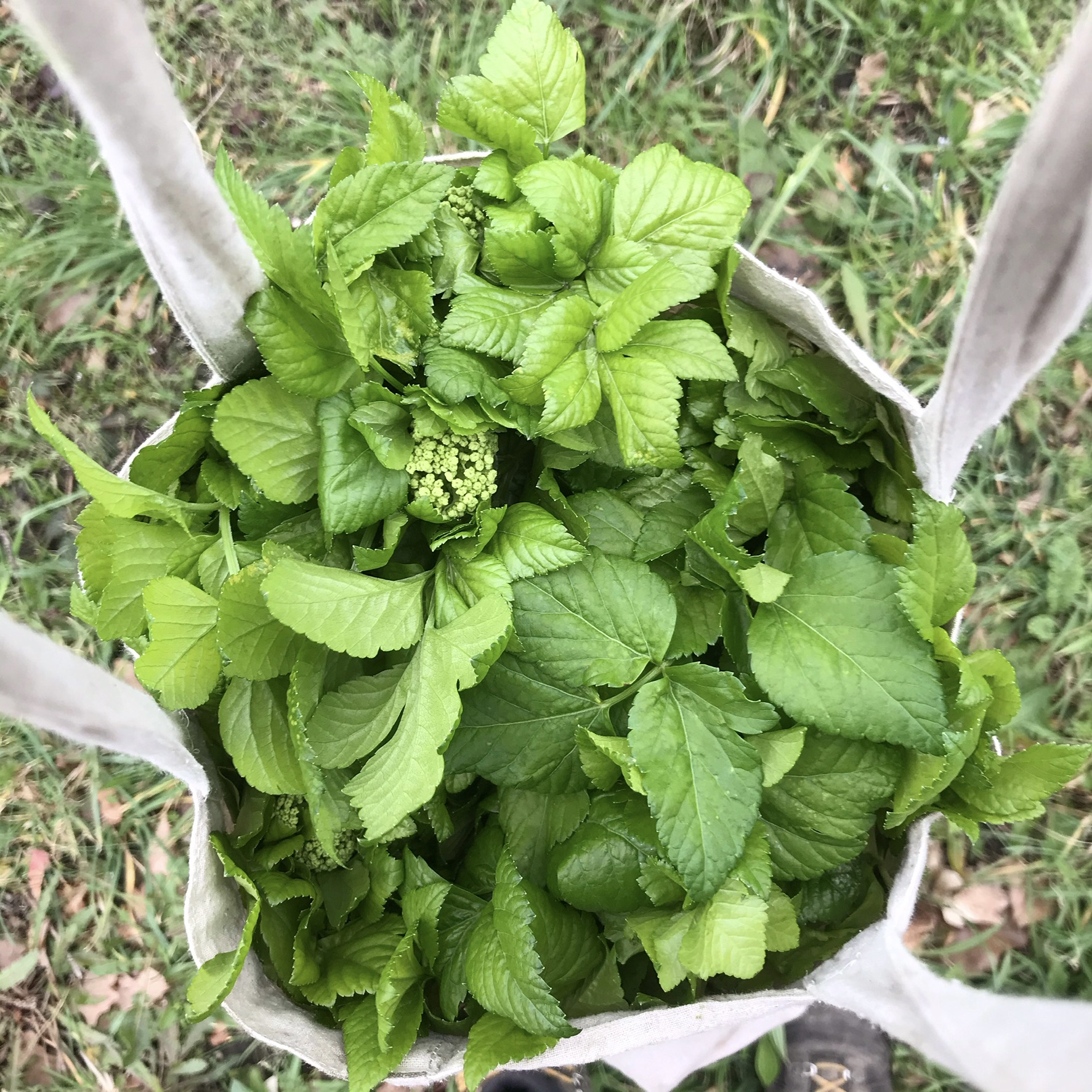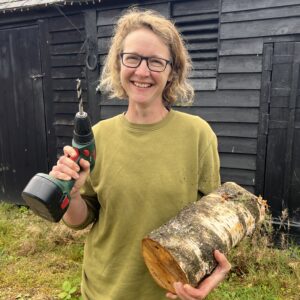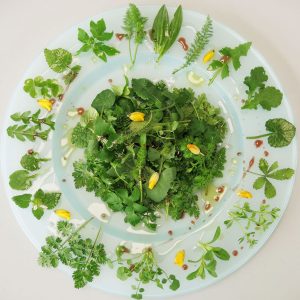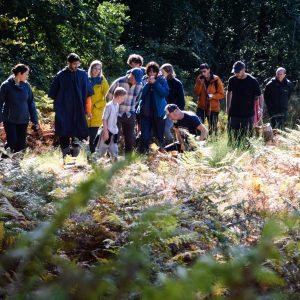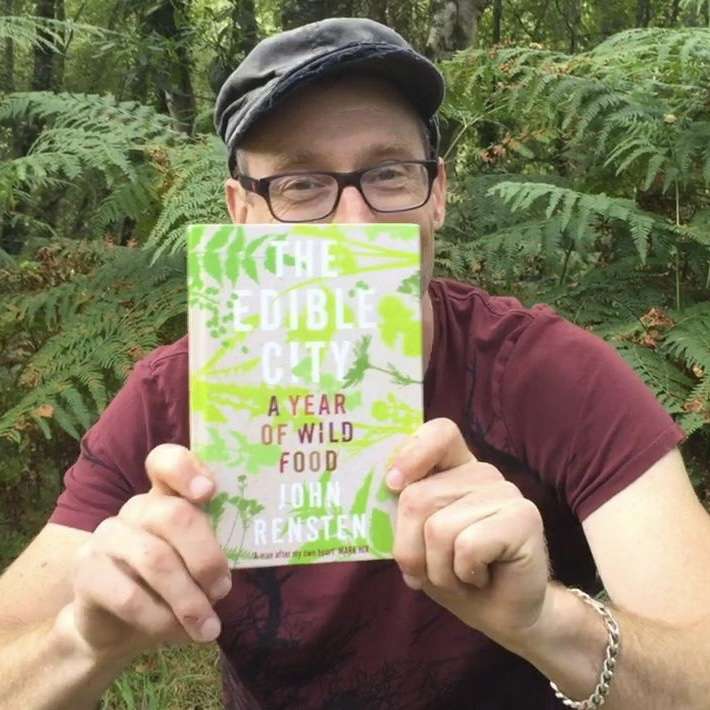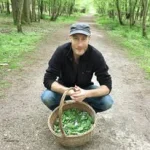Info
Join North London resident and lifetime forager Ru Kenyon for a wild food walk, a morning exploring some of the capitals most fascinating wild edible plants and wild mushrooms (season permitting).
The microclimate that is Greater London plays host to an enormous and diverse range of edible and medicinal plants, both those growing in the wild and those that we might refer to as “unintentionally“ edible, species introduced by either Victorian Park planners or modern day councils and even domestic gardeners.
During this walk we will look at various topics ranging from edible and historical uses of plants and mushrooms, herbal medicine, self-sufficiency, ethnobotany, cookery and more.
Ru got a taste for wild food foraging as a boy eating clover in sandwiches with his mum; the idea that you could eat food straight out of the ground was amazing and that planted the seed for a lifelong obsession. As a naturalist, environmentalist, and explorer of the British countryside, foraging for food was a natural progression whilst studying Physics at the University of Bristol. While working as an engineer on low carbon building design and finding himself more interested in going out to the woods to photograph wildflowers and wild mushrooms before and after work, it was becoming clear that something was missing in his career. The 2008 financial crash gave the impetus for Ru to follow his passions and go completely DIY. Building a home, growing, and foraging for food. The local knowledge gained from immersion in the local landscape around London led naturally to foraging as a business and teaching the skills to others. Edible wild mushrooms were his first love in wild food, and he dabbled in mushroom cultivation from the start. This came together when Ru set up a growing project at the Hawkwood Nursery in Chingford. Ru now teaches and forages wild food full time and has been a member of the Association of Foragers since 2018. The majority of his time though is spent processing the many wild harvests, which he says are the most important skills for foraging in the end.
Group Sizes
At Forage London you will never be part of a herd of 20 or 30 other people. Foraging is a mindful practice, looking at small details as well as the big picture, slowing down and taking time to enjoy the natural world. Always ask about group size if booking on to a foraging or wild food walk.
We offer intimate foraging walks for small groups, usually 12 or at most 16 participants. It makes for a more enjoyable experience with better communication within the group.
Smaller groups minimise the impact on the environment, reduce over-harvesting and ensure sustainability is pivotal in what we teach and practice. Additionally, we find that smaller group sizes allow for more personalised learning, as members can more easily share their stories and any tips on identifying edible plants and mushrooms.
This approach balances safety, efficiency, and environmental stewardship, making foraging a more rewarding and sustainable practice.
NW8 provides some great locations for foraging walks in London such as Hampstead Heath, and Primrose Hill. The exact location for this event will be confirmed closer to the event.
